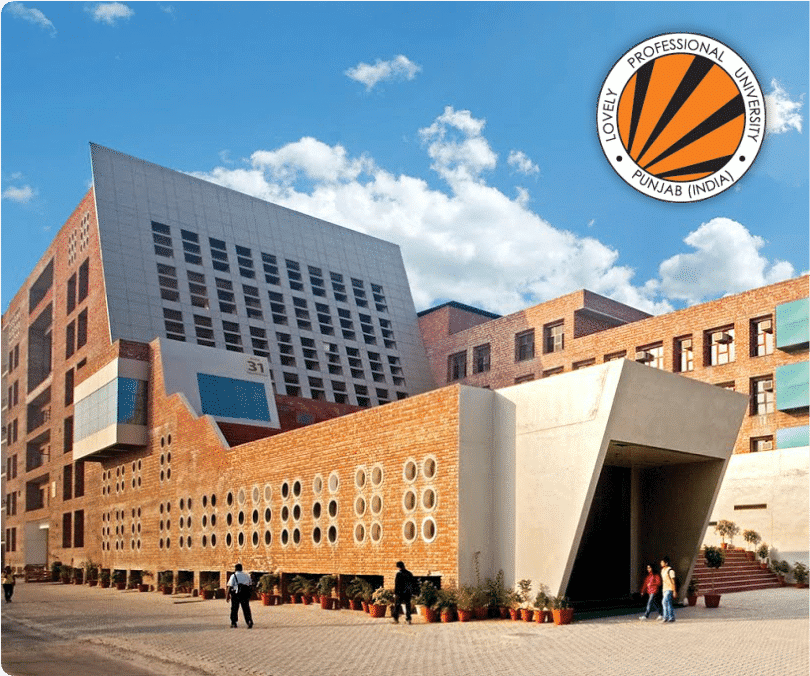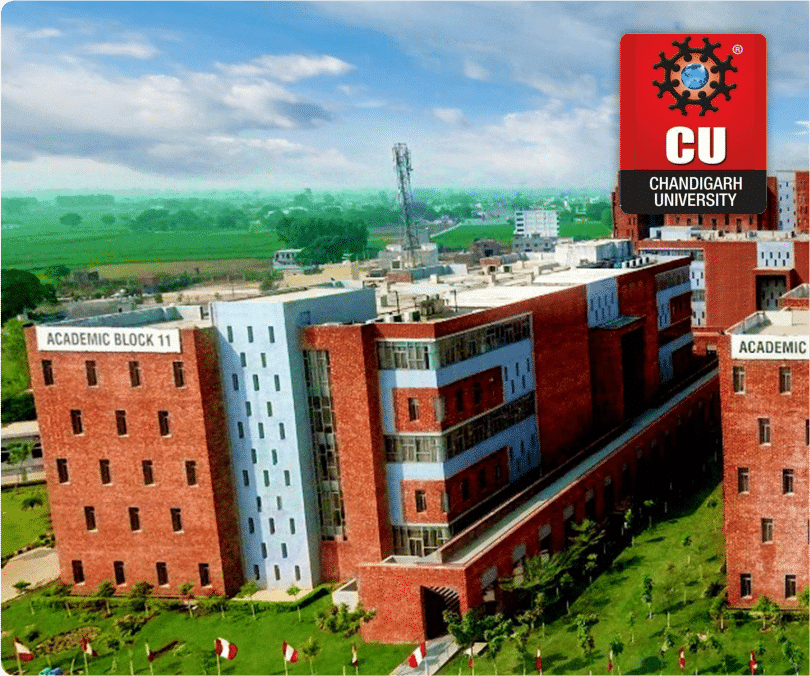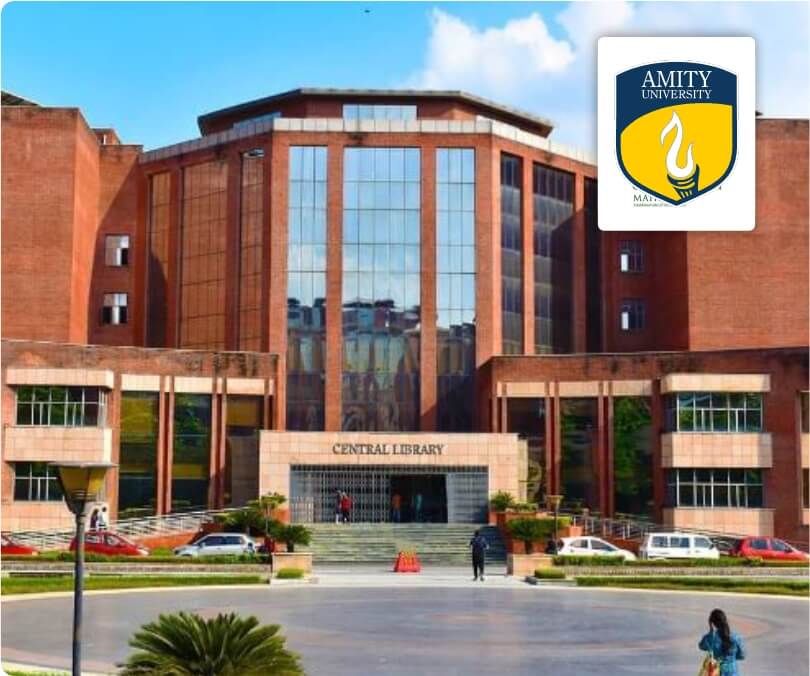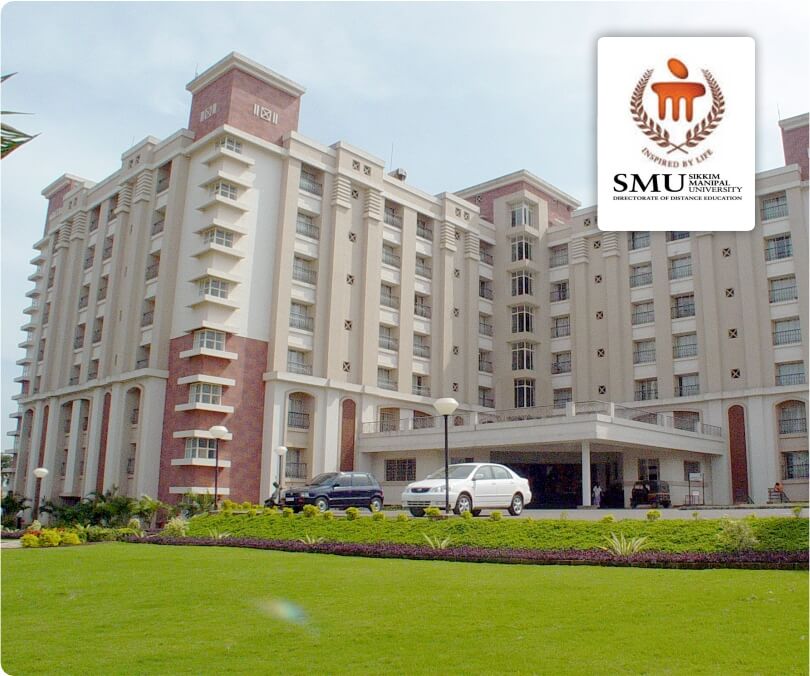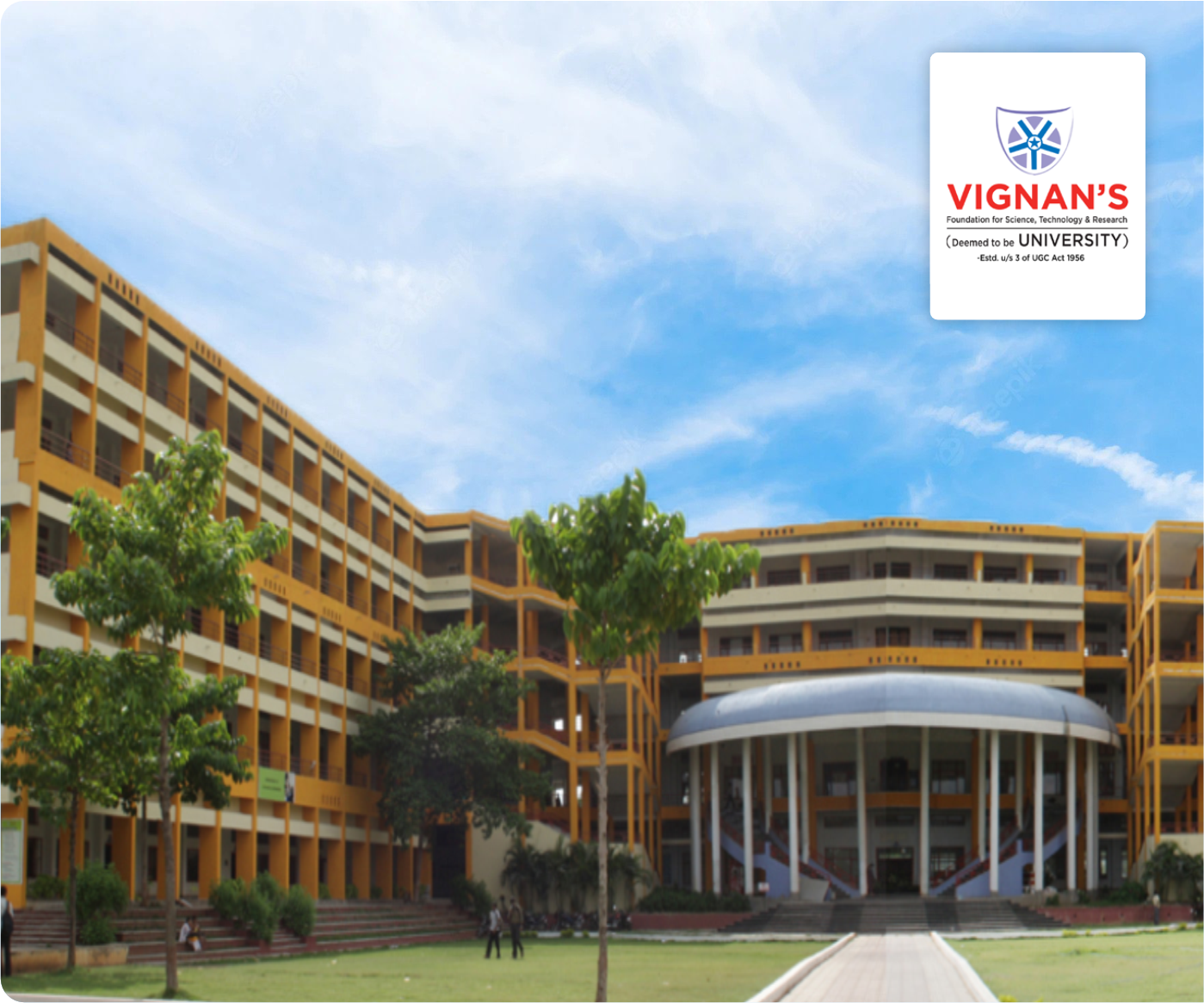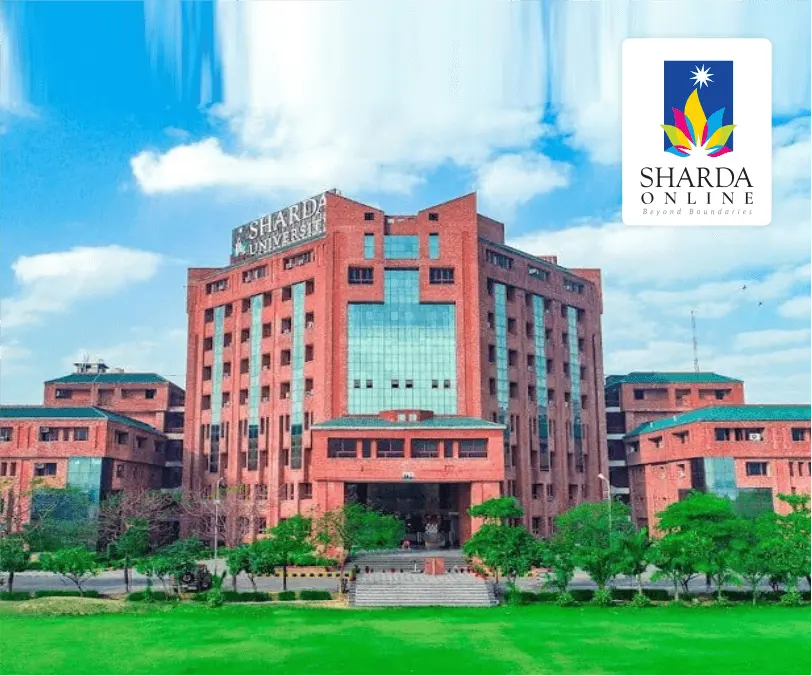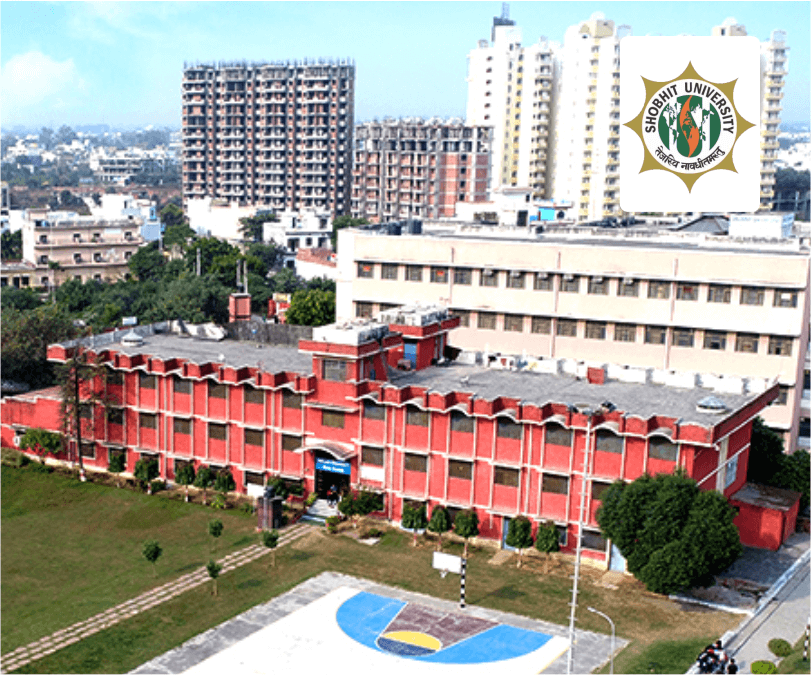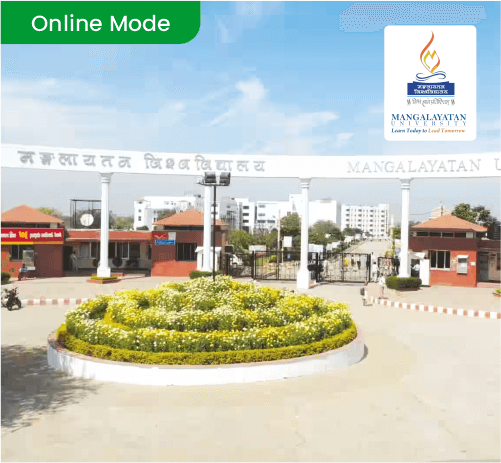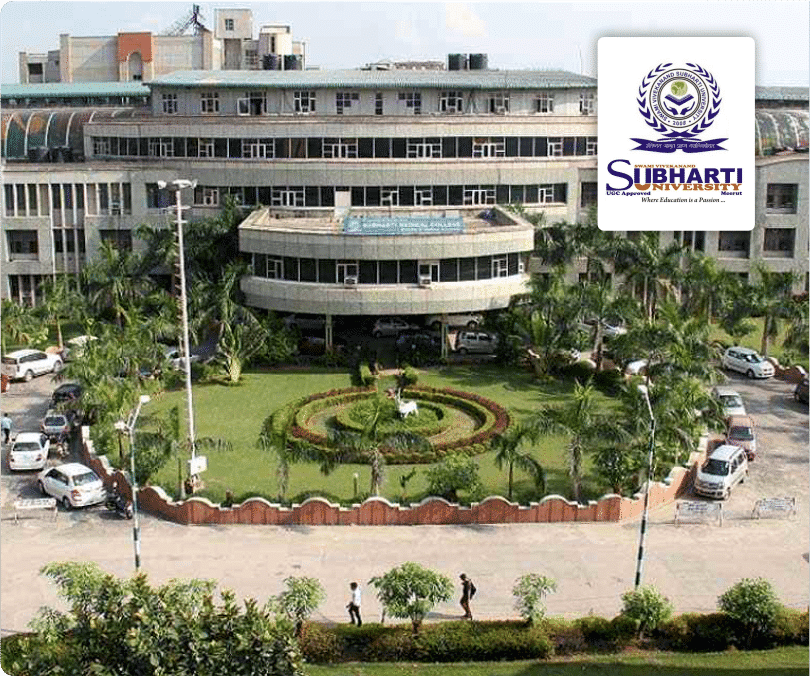
What is an MBA in Logistics and Supply Chain Management
In today’s globalized economy, the smooth functioning of supply chains can make or break businesses. As a result, there is a higher demand for specialized education programs that focus on logistics and supply chain management. An MBA course in logistics and supply chain management offers a blend of core business skills with specialized knowledge in managing products, services, and information from suppliers to customers.
In this blog, we will learn about the MBA in logistics and Supply Chain Management and all other information related to this course.
Online/Distance MBA Universities In Other Cities
About MBA Logistics and Supply Chain Management Course
MBA Logistics and Supply Chain Management course is a postgraduate course that helps students learn the skills needed to manage the movement of goods and services. The duration of this course is two years and covers important topics like logistics operations, supply chain strategy, inventory management, and purchasing. Students learn to analyze and improve supply chain processes, making them more efficient and effective in business world.
As online shopping and global trade grow, this area has a fast-growing need for skilled workers. Choosing a program offered by a UGC-recognized and NAAC-accredited university is very important to ensure quality education. Here is an overview table of MBA in Logistics and Supply Chain Management:-
Aspect | Details |
Program Name | MBA in Logistics and Supply Chain Management |
Duration | 2 years |
Key Topics Covered | Logistics Operations, Supply Chain Strategy, Inventory Management, Purchasing |
Learning Outcomes | Analyze and improve supply chain processes, enhance efficiency, and adapt to business changes |
Industry Demand | High demand due to the growth of e-commerce and global trade |
Accreditation | UGC-recognized and NAAC-accredited university |
Career Opportunities | Roles in retail, manufacturing, transportation, and other industries |
Skills Developed | Management skills, analytical thinking, problem-solving, and understanding of logistics systems |
Practical Experience | Internships and projects to gain hands-on experience in real-world scenarios |
Networking Opportunities | Access to industry professionals and alumni for career guidance and job placements |
Global Perspective | Understanding of international supply chain operations and cross-border logistics |
Technology Integration | Exposure to the latest technologies in logistics, such as automation, data analytics, and AI |
Fee Range | ₹1,00,000 – ₹3,00,000 per year (varies by university) |
Mode of Study | Full-time, part-time, or online options available |
Benefits of Pursuing an MBA in Logistics and Supply Chain Management
An MBA in Logistics and Supply Chain Management can open doors to exciting career opportunities in a growing industry. Here’s why this specialization can be a great choice:
High Demand and Career Growth- The rise of online shopping and new technologies has created a need for professionals who can manage supply chains well. Industries like manufacturing, food, and transportation are looking for skilled workers.
Better Job Opportunities- Graduates can find many job options, including positions as Supply Chain Managers, Logistics Managers, and Operations Managers. Well-known companies like Amazon, Flipkart, DHL, FedEx, and Tata Group offer good salaries and great chances to grow in their careers.
Global Career Options- Since supply chain management is important all over the world, professionals can work with big international brands and companies. There are job opportunities in import-export, international trade, and global transportation.
Learn Important Skills- This MBA course helps students learn how to manage inventory, buy goods, store products, track deliveries, and use supply chain software. It also teaches them how to make better decisions using data and technology.
Start Your Own Business- With the right knowledge, professionals can start their own logistics companies, warehouses, or delivery services. This gives them the chance to be their own boss and possibly earn more money.
Use of New Technology- The field is changing with the help of AI, blockchain, smart devices, and automation, making it interesting and full of future job opportunities. These technologies help businesses work more efficiently and improve customer service.
How to Choose the Right MBA Degree Program
Choosing the right MBA program is an important decision that can impact your career. With so many choices out there, here are some key things to think about:
| Consideration | Details |
|---|---|
| 1. Identify Your Career Goals | Determine your desired field, such as finance, marketing, HR, IT, supply chain, or entrepreneurship. Some MBA programs offer specialized courses like MBA in Digital Marketing, MBA in Business Analytics, or MBA in Logistics. |
| 2. Choose Between Full-Time, Part-Time, or Online MBA |
|
| 3. Check the Accreditation and Ranking | Choose universities recognized by AICTE, UGC, or NAAC in India. Consider NIRF rankings and global accreditations like AACSB, AMBA, or EQUIS. |
| 4. Review Course Curriculum | Ensure the program offers updated and practical courses on business trends, technology, and leadership. Check if it includes internships, industry projects, and case studies. |
| 5. Faculty and Industry Connections | Experienced faculty and guest lectures from industry experts can enhance learning. Strong industry partnerships aid in better placements and networking. |
| 6. Placement Records and Salary Packages | Review the institute's placement history, top recruiters, and average salary packages. Speak to alumni or current students for real feedback. |
| 7. Return on Investment (ROI) | Compare tuition fees with potential post-MBA salary. Government colleges and top business schools often offer better returns on investment. |
| 8. Scholarship and Financial Aid Options | Explore scholarships, education loans, and financial aid to ease financial burden. These options can make pursuing your MBA more affordable. |
Who Should Pursue MBA in Logistics and Supply Chain Management Course
An MBA in Logistics and Supply Chain Management is ideal for those who want to build a career in managing the movement of goods, storage, and business operations. If you’re wondering whether this MBA is the right choice for you, check out the key points below:
Have an Interest in Supply Chain Operations – If you enjoy planning, organizing, and managing how products move from manufacturers to customers, this field is for you.
Want a Career in a Fast-Growing Industry – With the rise of e-commerce, global trade, and technology-driven logistics, there is a high demand for supply chain professionals.
Good at Problem-Solving and Decision-Making – This MBA is ideal for those who like analyzing challenges, improving efficiency, and finding smart solutions in business operations.
Have Strong Organizational and Management Skills – If you can handle multiple tasks, manage teams, and streamline processes, you’ll excel in this field.
Want to Work in a Global Industry – Logistics and supply chain management involve international trade, shipping, and global business operations, offering worldwide career opportunities.
Interested in Technology and Innovation – If you like working with automation, AI, blockchain, and data analytics, this field provides exciting opportunities to explore new-age supply chain solutions.
Aspire to Start Their Own Business – This MBA is perfect for those who want to launch their own logistics company, transport service, or warehousing business.
Career Options After Pursuing MBA in Logistics and Supply Chain Management
MBA in Logistics and Supply Chain Management course offers great career options in fields like online shopping, retail, manufacturing, and international trade. As businesses focus on faster deliveries and better management, they need skilled professionals to handle their supply chains. Here are some of the best career options you can choose after this MBA:
Job Role | Job Description | Average Salary (INR per year) |
Manages the entire supply chain process to ensure smooth operations. | ₹8 – ₹20 LPA | |
Oversees transportation, warehousing, and distribution of goods. | ₹6 – ₹15 LPA | |
Procurement Manager | Take care of buying raw materials and building good relationships with suppliers. | ₹7 – ₹18 LPA |
Inventory Control Manager | Manages stock levels to prevent running out of items or having too much inventory. | ₹6 – ₹14 LPA |
Works to make production, supply, and delivery processes more efficient. | ₹8 – ₹16 LPA | |
Warehouse Manager | Oversees the storage, packaging, and shipping of goods. | ₹5 – ₹12 LPA |
Transportation Manager | Plans and manages the movement of goods via different transport modes. | ₹6 – ₹14 LPA |
Freight Forwarding Manager | Oversees international shipping, customs clearance, and logistics. | ₹7 – ₹16 LPA |
E-commerce Supply Chain Manager | Manages supply chain for online businesses like Amazon, Flipkart, etc. | ₹8 – ₹18 LPA |
Demand Planner/Analyst | Forecasts future demand for products using data analysis. | ₹6 – ₹15 LPA |
Consultant in Logistics & SCM | Provides expert advice on improving logistics and supply chain processes. | ₹9 – ₹20 LPA |
Entrepreneur | Starts a logistics or e-commerce business. | Varies (₹10 LPA & above, based on business success) |
Conclusion
MBA in Logistics and Supply Chain Management course is more than just a degree; it’s a way to become an important part of a business’s success. As global supply chains become more complex and important, this MBA provides a great opportunity for a rewarding and interesting career. If you’re looking for a job that influences the main operations of a business, this degree might be the right choice for you.
Most Popular Blogs

Online BCA Courses in Jain University Online

Distance Education at Pondicherry University

Top 4 colleges to pursue Distance BBA in Andhra Pradesh

What are the top distance BSc colleges in Kerala

Know about the top 3 distance BCom universities in Madhya Pradesh



